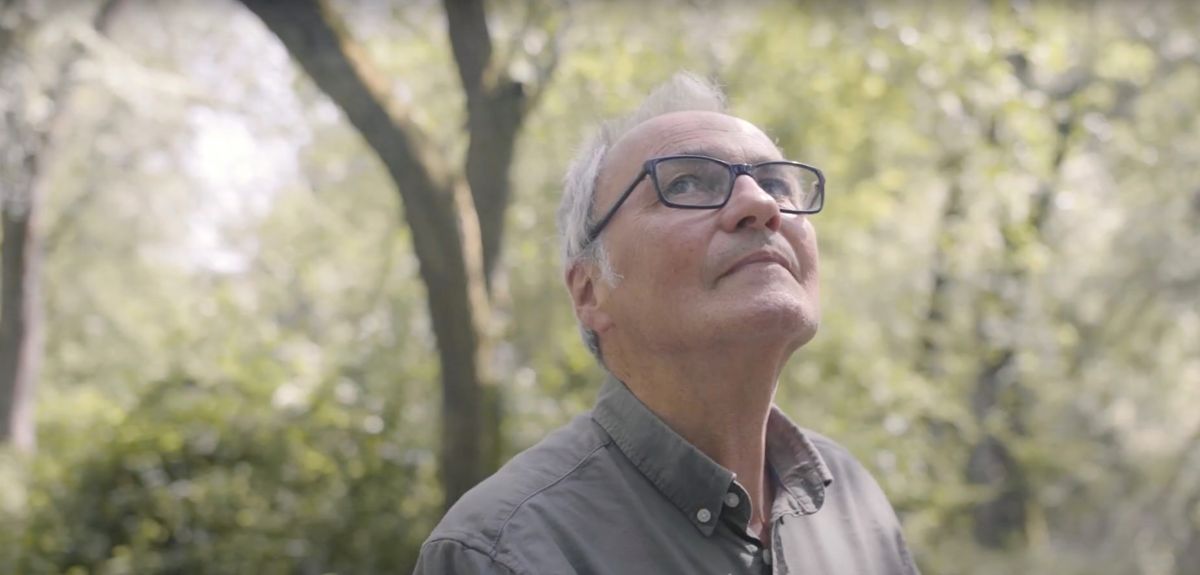
Oxford science relaunches digital channel Oxford Sparks to open its secrets to the world
Science has never been more in the spotlight than over the last two years. From the pandemic to climate change, scientists are being called on for their expertise and to provide solutions to the world’s biggest and most urgent problems.
Meanwhile, global populations have had to upskill fast and learn their modelling from their mean. Virtual opportunities to explore and gain knowledge have, though, been one silver lining to the storm clouds. The tools of video calls, social media, podcasting and virtual experiences are ones many have become expert in – and come to rely upon.
That’s why Oxford has decided to open up its labs and the lives of its researchers wider than ever before across a massive array of digital platforms. Oxford science is now here at the click of a button, swipe of a screen or drop of a feed.
Oxford Sparks – the space specially curated for the curious – is relaunching to bring the latest science going on at Oxford University into ears, eyes, minds and imaginations.
While there are as many questions to answer as there are stars in the sky, pebbles on a beach, particles to accelerate, Oxford scientists are sharing their explorations with the world.
Oxford Sparks is inviting people to join them on that journey with:
- powerful documentaries showing personal stories of passion, fear and hope;
- brief video snapshots of lives dedicated to better understanding our world;
- answers in audio sought with fun, twists and turns in a regular podcast;
- photo stories documenting researchers’ work up close and personal;
- social media accounts hungry for your questions and comments.
Audiences can expect to meet Oxford scientists as they push the frontiers of AI and robotics to advance medical possibilities, researchers building the next generation of tools to measure life on Mars, climate scientists modelling the future and those who are future-proofing it for generations to come.
Rob Stepney is the subject of the first film exploring a revolutionary new, personalised treatment for cancer. Beautifully shot, this moving and intimate story, the first film in a new series made by Oxford Sparks, reveals the transformative power of research.
Rob says, ‘This film explains something about the nature of cancer, and also how scientists, doctors and patients are contributing towards its increasingly effective treatment through innovations such as the use of real-time imaging to guide radiotherapy. It was a great pleasure to work with the Sparks team to tell this very personal story.’
Dr Fiona Suttle, Oxford Sparks lead, says, ‘We are really excited to share our new videos with the world, which offer an intriguing insight into Oxford science. Our new content explores the way science works, how it relates to our everyday lives, and showcases our amazing researchers.’
The Big Questions Podcast, hosted by Emily Elias, seeks out researchers and asks them for answers to some seriously pressing questions. This series includes:
- Could chocolate go extinct?
- What's the carbon footprint of a pizza?
- How can we tackle hate speech one emoji at a time?
Find new videos, podcasts, interviews, blogs and chances to get involved in Oxford Sparks here on the website.
 Statins do not cause the majority of side effects listed in package leaflets
Statins do not cause the majority of side effects listed in package leaflets